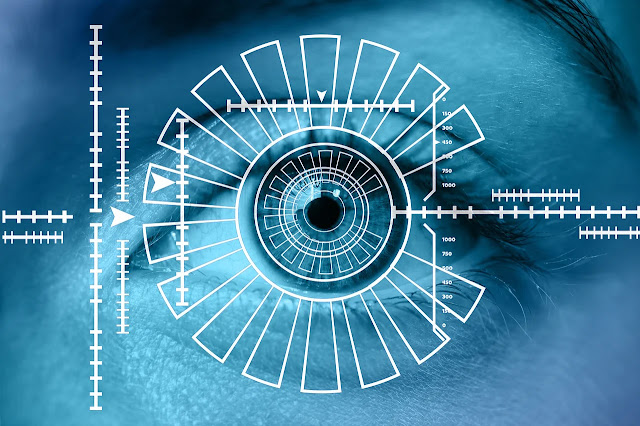ZKPs enable the verification of sensitive information without revealing any underlying data, ensuring a higher level of security and privacy.
In this blog post, we will delve into the world of zero-knowledge proofs, exploring what they are, how they work, and their diverse applications in the realm of cybersecurity.
Understanding Zero-Knowledge Proofs
Originally introduced by Goldwasser, Micali, and Rackoff in their groundbreaking paper, zero-knowledge proofs aim to establish trust and verify statements without disclosing additional information beyond their truthfulness.
The Mechanics Behind Zero-Knowledge Proofs
Zero-knowledge proofs operate through a multi-round interaction between the prover and the verifier. During each round, the prover constructs proofs that support the truthfulness of the statement.
The verifier challenges the prover with questions related to the statement, and the prover responds with carefully crafted proofs, aiming to convince the verifier without revealing any additional information.
This iterative process ensures that the prover cannot simply guess the statement, increasing the credibility of the proof.
Key Principles of Zero-Knowledge Proofs
To be considered a reliable zero-knowledge proof system, three fundamental criteria must be met:
Completeness: If a statement is true, an honest prover should be able to convince an honest verifier of its truthfulness.
Soundness: If a statement is false, no dishonest prover should be able to convince an honest verifier otherwise.
Zero-Knowledge: A zero-knowledge proof ensures that the verifier gains no knowledge about the statement being proven, except whether it is true or false. Furthermore, the verifier cannot extract any additional information from the proof provided by the prover.
Types of Zero-Knowledge Proofs
Interactive Zero-Knowledge Proofs
In this system, the prover and the verifier engage in a back-and-forth communication process. The prover constructs proofs, and the verifier challenges them, leading to a convincing validation of the statement.
Non-Interactive Zero-Knowledge Proofs
In this system, the prover generates a single proof that can be independently verified without further interaction. This approach eliminates the need for multiple rounds of communication, but the initial proof generation process can be computationally intensive.
Real-World Applications of Zero-Knowledge Proofs
Zero-knowledge proofs offer a wide range of applications in the field of cybersecurity, including:
Authentication
Private Transactions
Secured Supply Chains
Zero-knowledge proofs enhance supply chain security by verifying data integrity, validating supplier credentials, ensuring product or service authenticity, and enabling secure tracking without revealing sensitive information. These proofs also help companies demonstrate compliance with regulations and industry standards









